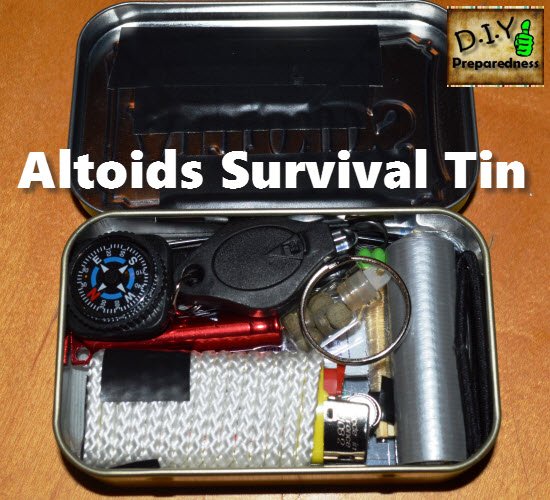September 28, 2024 | Getting Prepared, Intellectual Preparedness | No Comments
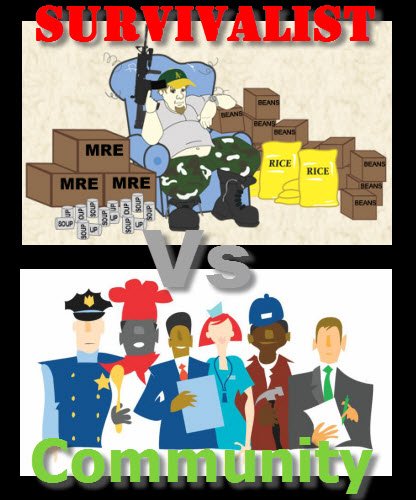
Preparing for disasters, economic collapse, pandemic or what have you, may earn you the term of being a “Prepper”. Preppers are often viewed as those extreme folks who see doom and gloom everywhere. They invest in bunkers, load up on guns and ammo, talk about conspiracy theories, and the list goes on. Preppers are also associated with survival and being able to subsist on their own, maybe even moving out away from everyone and setting up their survival homestead.
While I think it is good to be aware of what is going on in the world and to prepare your family for the trials that are sure to come, for people with this individual survival kind of mentality, I wonder if the huge asset of being a part of a strong community is realized. Maybe the value in being apart of a large group of people is simply not understood or valued.
Being prepared is not about being a recluse or a Rambo-like survivalist. It’s about strengthening the friendships in your neighborhood. A community pulling together in resources, skills, and strength is much more powerful than individuals on their own fighting for survival.
Simply put, being alone makes one more vulnerable.
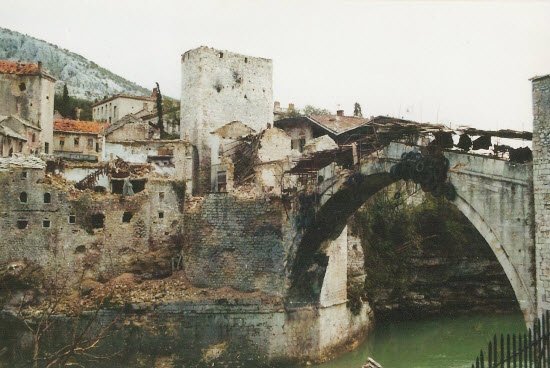
One survivor of the Bosnian war lived a year without water, electricity, gasoline or medical help. He said: “Surviving on your own is practically impossible… Even [if] you’re armed and ready, if you’re alone, you’ll die. I have seen that happen many times.” You can read more of his very enlightening experiences at the link provided at the bottom of this post. Besides this Bosnia survivor, there are other examples as to why investing into building a community of prepared families is more wise than going on your own.
1. Bible / Scriptural History
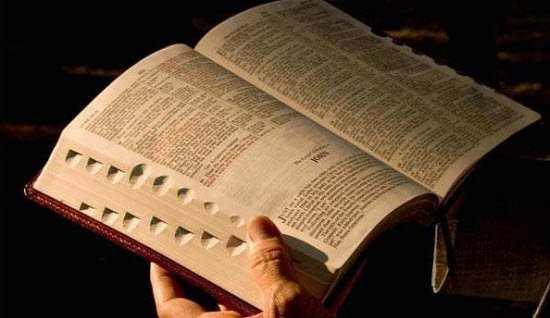
There are countless rundowns of wars and strategy of wars in the scriptures. The word “GATHERING” is also used quite a bit pertaining to the righteous to come together for safety. You can’t find any mention where anyone is admonished to go off alone or be a hermit in the middle or a catastrophe or prophesied disaster. In fact, in the many scriptural accounts prophesying of the last days and all the trying times to come before the second coming of Jesus Christ; we are not admonished to abandon the principles of service, love, helping those in need, etc. just because of the difficulty of the trials. We are actually advised to PREPARE so that we are able to help others, both spiritually and temporally. If we keep the perspective that we are only preparing for our immediate family or circle of friends, we will not be able to fulfill those scriptural admonishments.
2. Military / Combat History
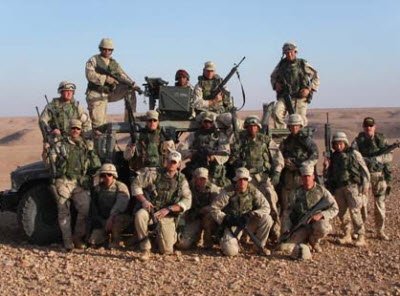
Despite what we have seen in the movies, any combat strategy (offensive or defensive) requires at least 16 people needed to defend an area effectively 24/7 over a long time period. One person is needed to watch for each direction, north – east -west -south, in shifts no longer than 6 hours to keep an area well protected. Still, the special forces units head into engagements with at least 4 people, specifically so that each direction can be attended to. These smaller units are usually for short-period missions, allowing for a smaller number on the team.
3. Common Sense
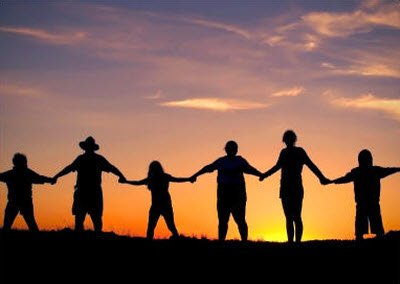
When it comes to sharing our preparedness efforts, I’m not saying that there aren’t things we should keep to ourselves for our security and protection. Yet it is common sense that the more people we reach out to inform and help become more self-reliant; the more it makes enduring a local disaster a whole lot easier. Each neighborhood person we help get involved in preparedness will equal one less person coming to us for food and aid in a crisis.
If we don’t want to be bombarded with panicked pleadings for food, water, clothing, and first aid from everyone around us; then we better get to work TEACHING our community to be self-sufficient and prepared.
It comes down to this: Do any of us want to be a burden to others in a crisis, or would we rather be able to lift, help, and comfort others? When I talk about canning food or updating my 72 hour kits, some of my friends jokingly say: “Now I know where to come if there’s a crisis.” Yet, in a crisis, does anyone really want to feel that helpless? Does anyone really want to have to rely on others simply because they failed to prepare when they had the opportunity? I don’t think that would be a good feeling at all.
Create opportunities for your neighborhood to embrace the mindset of becoming prepared. But BE SURE to do it in baby steps. It is so easy to feel overwhelmed in the world of preparedness. It takes time to digest information and change ones perspective.
Where There’s a Will, There’s a Way
Many of us are in a position where we are barely making ends meet. It seems like a challenge to just prepare for our own families. It can seem implausible to do more with limited resources and time. This is where our faith comes in. We all have different situations that are unique to us, yet God knows all of our personal trials. God would not give us a commandment without providing a way that we can accomplish it. What you can do and how you can attain a level of self-reliance is a personal circumstance between you and God. Yet, I know He can also help us be ready to assist those He guides us to in a time of trial.
Begin by getting to know your neighbors and fostering friendships.
- Start us an annual or bi-annual “Block Party”
- Have summer BBQ gatherings
- Join neighbors for fireworks displays
- Help your new neighbors move in or those moving out
- Take meals in when your neighbors are sick, or going through a crisis
- Invest your time and love into your neighbors and community
Help create a community of preparedness power
- Plant a community garden, or work together with your neighbors gardens
- Offer neighborhood “super Saturday” classes on things like 72 hour kits, earthquake preparedness, etc.
- Take some food prep class, first aid class or Ham radio licensing class together with neighbor friends
- Teach your neighbors what you know
- Create a Facebook Page or Email list in your community for sharing group buys on food and other bulk items
- Talk to your neighbors about a community plan if there is a big storm or disaster – who will check on who
That’s a list to get started. I’m sure you can think of more on your own that fits your family and community needs. The key is to get started sooner, than later. 🙂 Remember, there is power in a community, and strength in numbers. And it’s never too late to get started.
Sources:
http://www.silverdoctors.com/one-year-in-hellsurviving-a-full-shtf-collapse-in-bosnia/
http://www.preparednesspro.com/invest-your-greatest-need-today-community
Images:
bosniavolimte.blogspot.com, fatimaprayers.com, outlookafghanistan.net, familiesunitedcm.com
community, community preparedness, helping neighbors, prepper, strength in numbers, survival, survivalist, working together

